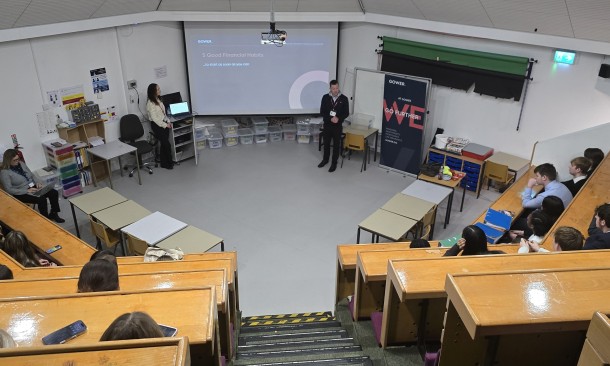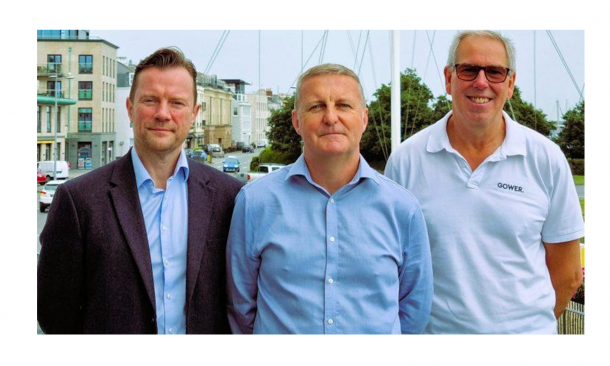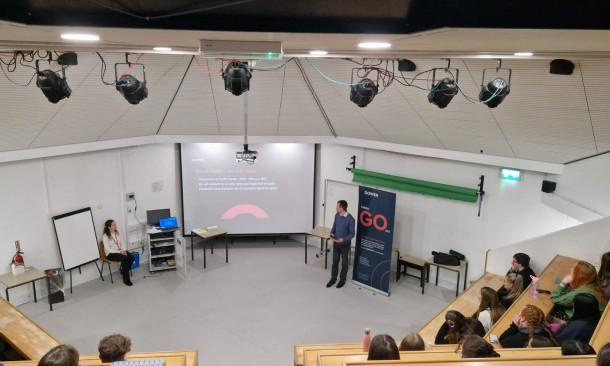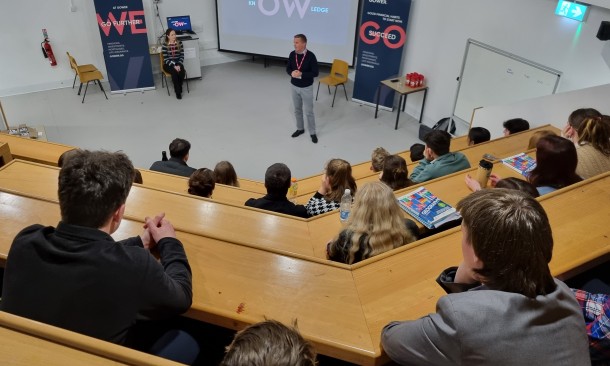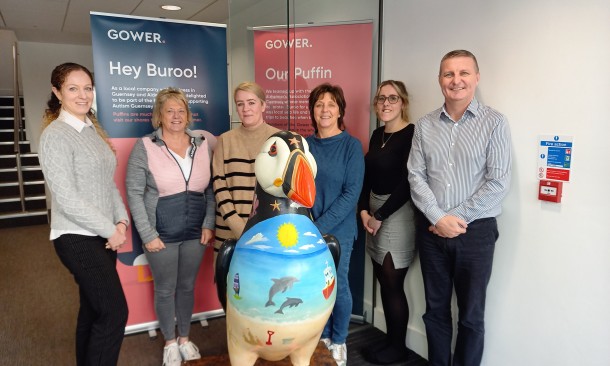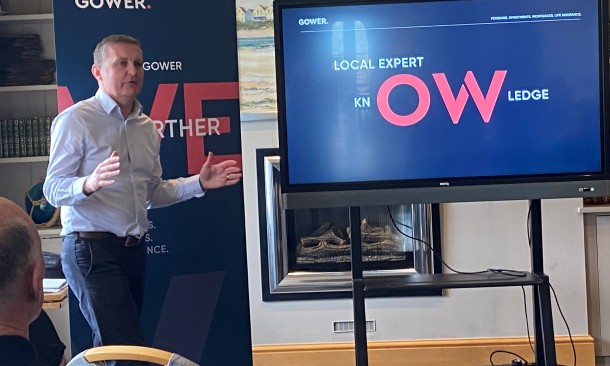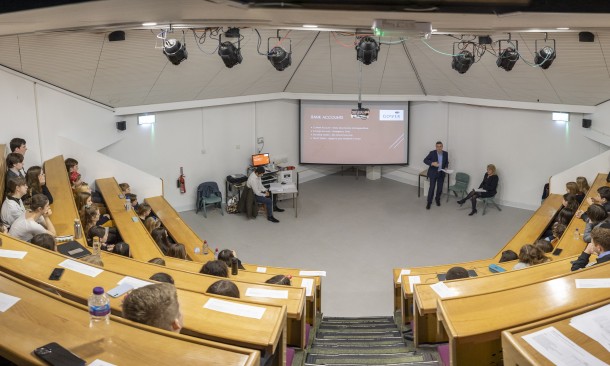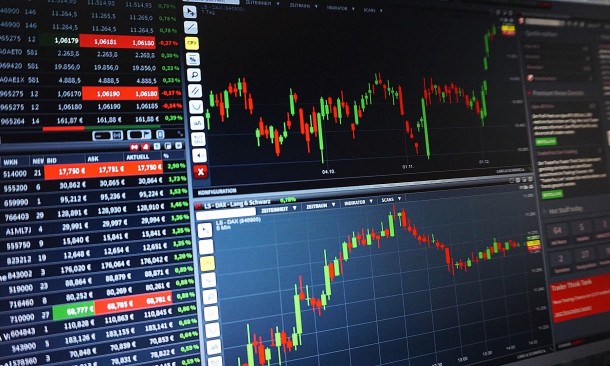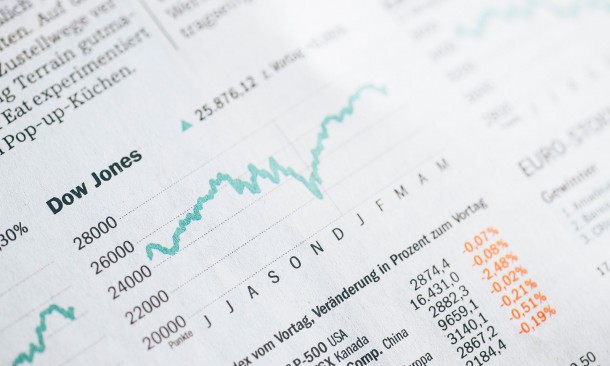Gower Pension Schemes, Member Briefing - June 2024
Unchecked curiosity and a world of unlimited possibilities, what could possibly go wrong…
For some old enough to remember the ‘dotcom bubble’, and some of the lessons from it, the subsequent bust was preceded by significant increases in interest rates. They peaked with the market, then plunged as the euphoria unravelled. Some stellar stock market performance was witnessed, not least within the ‘so-called’ tech sector, followed by the inevitable bust in 2000.
This time around, the ‘tech sector’ represents far greater substance and credibility, and in some instances incredible profits (notably absent first time around). But again, today’s markets echo the past beyond the path of recent monetary policy around interest rates.
Then, as now, there was anticipation that groundbreaking technology or new ways of doing things would deliver higher productivity and help control inflation. Now of course generative AI and the hopes for its broader technological applications once again promise higher productivity without fuelling inflation or higher staffing costs.
Whilst not yet transferring in any significant way to the real economy, adoption is rising fast. ChatGPT recently surpassed 100 million users and is the fastest growing consumer App. Many benefits show themselves as clear improvements over the way we currently do things. Other aspects present risks and dangers which are more difficult to map, but the multitude of potential applications across multiple sectors cannot be underestimated.
“This time it’s different”, is a frequent investment market refrain, one that can often prove costly as time passes when less exuberant evaluation and analysis is undertaken. But this current phase of technological innovation is indeed radical and has implications which will far exceed cycles of the past. It seems clear that a new era has arrived.
Always forward-looking, this year’s stock market performance certainly reflects an AI solutions provider premium, with performance broadening beyond the usual large cap Tech suspects. As technological adoption gathers speed regulation and governance will need to adapt also, and there is probably some catching up to do until this framework is fully formed.
Closer to home, the UK economy appears to have turned a corner. Office for National Statistics (ONS) data shows UK GDP increased 0.6% through the 1st Quarter, signalling an end to a recessionary period. Recent inflation data, continuing its decline to 2.3% is also cause for optimism with Andrew Bailey, Bank of England (BOE) Governor signalling the UK inflation target of 2% may soon be reached. Given the turning circle of such interventions these figures prompt the question as to why interest rates have not already been reduced? This data may equally have prompted Rishi Sunak’s earlier than anticipated UK General Election call.
Equally positive for many UK equity funds, the somewhat unloved FTSE-100 has performed strikingly in 2024 and until mid-May was matching America’s Nasdaq Technology Index. The indices have, however, recently diverged. Is the FTSE-100 finally being measured more fairly? The poor relation compared to some countries, not least the USA, makes up barely 5% of the world’s stock market indices by size. Until last year it was disparagingly described as the ‘dinosaur index’. But being more reflective of ‘old world’ equity the FTSE-100 and its more ‘Value’ orientated companies are proving increasing attractive for investors, especially in an environment of stubborn inflation and higher-for-longer interest rates.
Not always, but mostly, financial markets view the world as it actually is, rather than the way we might wish it to be. ‘Old world’ the FTSE-100 may be, but earnings in aggregate across its component companies are significantly greater now than they were 10 years ago, and this is now more realistically reflected in the level of the index.
In narrowing our home focus further, review of Pension Scheme investment portfolios is also cause for optimism. 2024 sees all models reflecting positive gains across the risk spectrum, in some cases impressively so, especially compared with sector averages. Member portfolios have proved both resilient through the challenging times of recent memory. They have also proved sufficiently well-positioned and diversified to benefit from the improving economic factors propelling markets currently.
The modestly positive picture painted here is of course subject to many headwinds. Structural problems persist - debt markets remain sensitive – domestic and international politics are highly charged and have a fluid year ahead, bringing, as yet unforeseen developments – Ukrainian and Middle Eastern conflicts persist, presenting dangers globally with no near-term solution in sight. 2024 heralds improving data, but many challenges remain.
I close in wishing all pension members an enjoyable summer.







